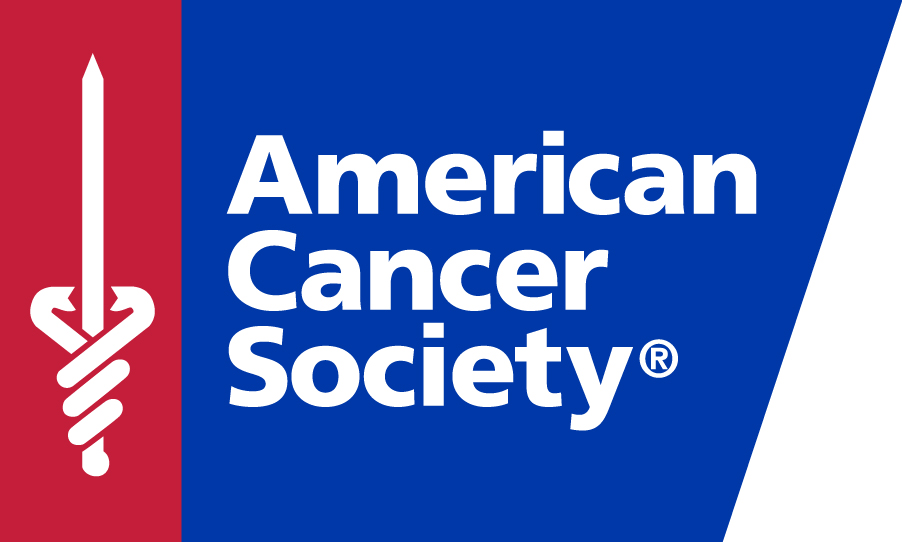Another installment in our series about our members' service experiences, written in their own words.
One component of my term of service as an AmeriCorps member with the American Cancer Society at the John H. Stroger, Jr. Hospital of Cook County involves providing very basic case management services to patients referred to me by my supervisor, the ACS Clinical Navigator in Stroger’s Radiation Therapy Department. A memorable case for me involved a patient who was already extremely ill and urgently needed medical equipment. As a result, my supervisor asked me to try to expedite the approval of the patient’s Medicaid application. The only information I had was the patient’s caseload number with the Department of Human Services, and the name of the her local DHS Office Administrator.
I decided to start by calling the general Medicaid hotline number for Illinois. Once I got past the automated information system to an actual person, I got the name and phone number of the patient’s caseworker, as well as the caseworker’s supervisor. The caseworker told me that it wasn’t in her power to expedite the approval of a Medicaid application, and that an office in Springfield, Illinois was charged with that task. She couldn’t give me the office’s phone number, but she gave me the office’s name and address.
At that stage, I decided to take a chance by Googling the office’s name and address in the hopes that I would find a phone number for it. Miraculously, I found a document that contained a name for an office that was similar to the one that the case worker had given me, as well as the name and phone number for a woman associated with that office. I called her, and she told me that expediting Medicaid applications was a judgment call that each local DHS Office Administrator had to make. She gave me the phone number for the patient’s local Office Administrator, and the application was eventually expedited.
This whole process of calling various public agencies, being put on hold, and using Google took a day and a half. While I was thrilled that I was able to get the patient’s Medicaid application expedited for approval, I was shocked and appalled that so many barriers were in place to prevent a sick patient from accessing insurance. Indeed, I couldn’t imagine how a person who was already extremely ill, didn’t have a day and a half to spend on the phone, and didn’t have Internet access could possibly have succeeded in expediting his or her own Medicaid application.
The experience made me incredibly appreciative of the existence of programs such as the American Cancer Society’s Patient Navigation Services, which assists patients in overcoming similar barriers to accessing care every day. It also increased my resolve to practice medicine in an underserved community in the future so that I can work to prevent my future patients from developing such complex health conditions in the first place. Most importantly, the experience of trying to identify and contact the exact individuals within the DHS who actually had the power to expedite the application reinforced for me the necessity of always looking at healthcare issues from the patient’s perspective. Having learned that lesson, my goal both now and in the future as a physician is to eliminate as much confusion and uncertainty from their encounters with the healthcare system as possible.



No comments:
Post a Comment